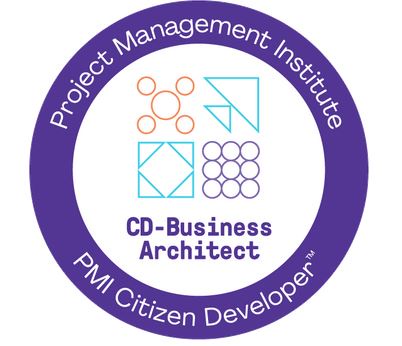
How Contracts determine the Success of IT Projects
This podcast is an excerpt from a book about IT law and mindset in project management. It deals with the importance of contracts for the success of IT projects. It shows how contracts shape project work and that contracts that do not fit agile projects endanger their success. It is shown why fixed-price contracts are dangerous and how contracts should be designed to promote project success.








